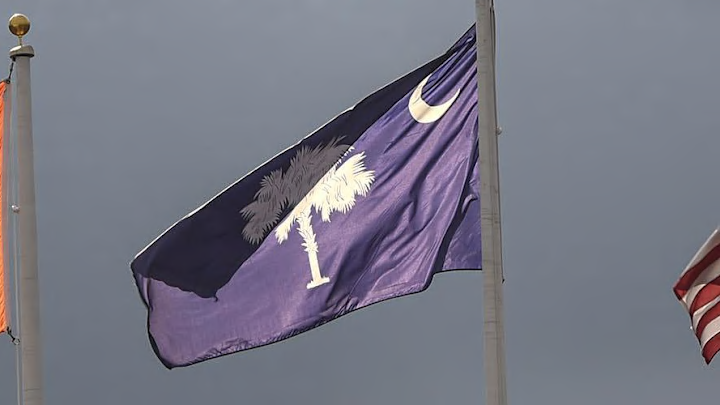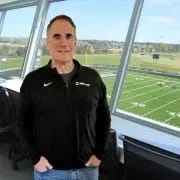South Carolina Moves to Ban NIL Deals for High School Athletes Amid Growing Legal Debate

South Carolina High School League Bans NIL Compensation
In response to legislative pressure, the South Carolina High School League (SCHSL) amended its bylaws this week to explicitly prohibit student-athletes from earning compensation for their athletic participation. The change, documented in a report by the South Carolina Daily Gazette, aims to comply with a newly passed state budget clause that bans public school districts from affiliating with any athletic association that "permits, allows or authorizes" NIL (Name, Image and Likeness) compensation.
Previously, the wording of SCHSL’s rules could have been interpreted as permitting athletes to earn compensation as long as it wasn’t tied to athletic performance or use of school property. League Commissioner Jerome Singleton clarified that the amendment doesn’t reflect a new policy but rather reinforces long-standing rules about maintaining amateur status.
“You can change the wording, but you can’t change the intent,” Singleton told the South Carolina Daily Gazette.
Legislative Crackdown Targets NIL Culture in High School Sports
South Carolina State Senator Sean Bennett (R-Summerville), who authored the budget clause, said the policy was meant to protect the amateur nature of high school sports.
“These are extracurricular activities. They are no place for the ugliness or business activities ruining college athletics,” Bennett said.
The move comes as nearly 40 states and the District of Columbia have adopted NIL policies for high school athletes. South Carolina remains among the few actively pushing back.
Warnings and Suspensions: SCHSL's NIL Penalties
Under the new bylaw language, the following penalties are in place:
- A first offense draws a warning.
- A second violation triggers a one-year suspension from league competition.
- Further violations can result in additional suspensions based on severity.
- Students who use school logos, uniforms, or facilities in any promotional deal remain ineligible.
Cultural Shift Mirrors Changes in College Athletics
Since the NCAA allowed NIL in 2021, the floodgates of compensation for athletes have opened — with minimal federal regulation. The SCHSL and its supporters fear those trends are now seeping into high school sports.
In March, the SCHSL also relaxed its transfer rule, allowing one penalty-free school transfer for athletes — mirroring the NCAA’s now-normalized transfer environment.
Legal Experts Warn: A Lawsuit Could Be Next
Bill Carter, a consultant who advises schools and athletic associations on NIL policy, called the South Carolina budget clause "pretty extreme" and warned it could prompt a lawsuit.
“The courts are never going to accept that there’s an impediment to a young person’s ability to earn income by way of their name, image and likeness,” Carter said to the South Carolina Daily Gazette.
Carter referenced court rulings in North Carolina and the landmark Supreme Court decision against the NCAA as strong indicators that legal challenges to South Carolina’s stance may be successful.
Public Officials and Coaches Divided
While many lawmakers support the crackdown, others—like Rep. Jackie “Coach” Hayes—emphasize concern over team cohesion.
“We got enough ‘me’ in this world,” Hayes said to the Gazette. “We need to get everybody working together for a common cause.”
Still, as of now, South Carolina stands firm — making it one of the few states not only to oppose NIL deals for high schoolers but to codify that opposition into law.
manual
